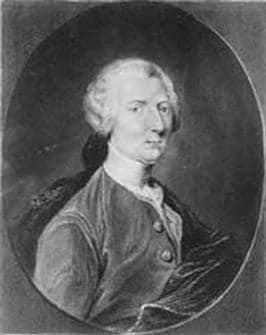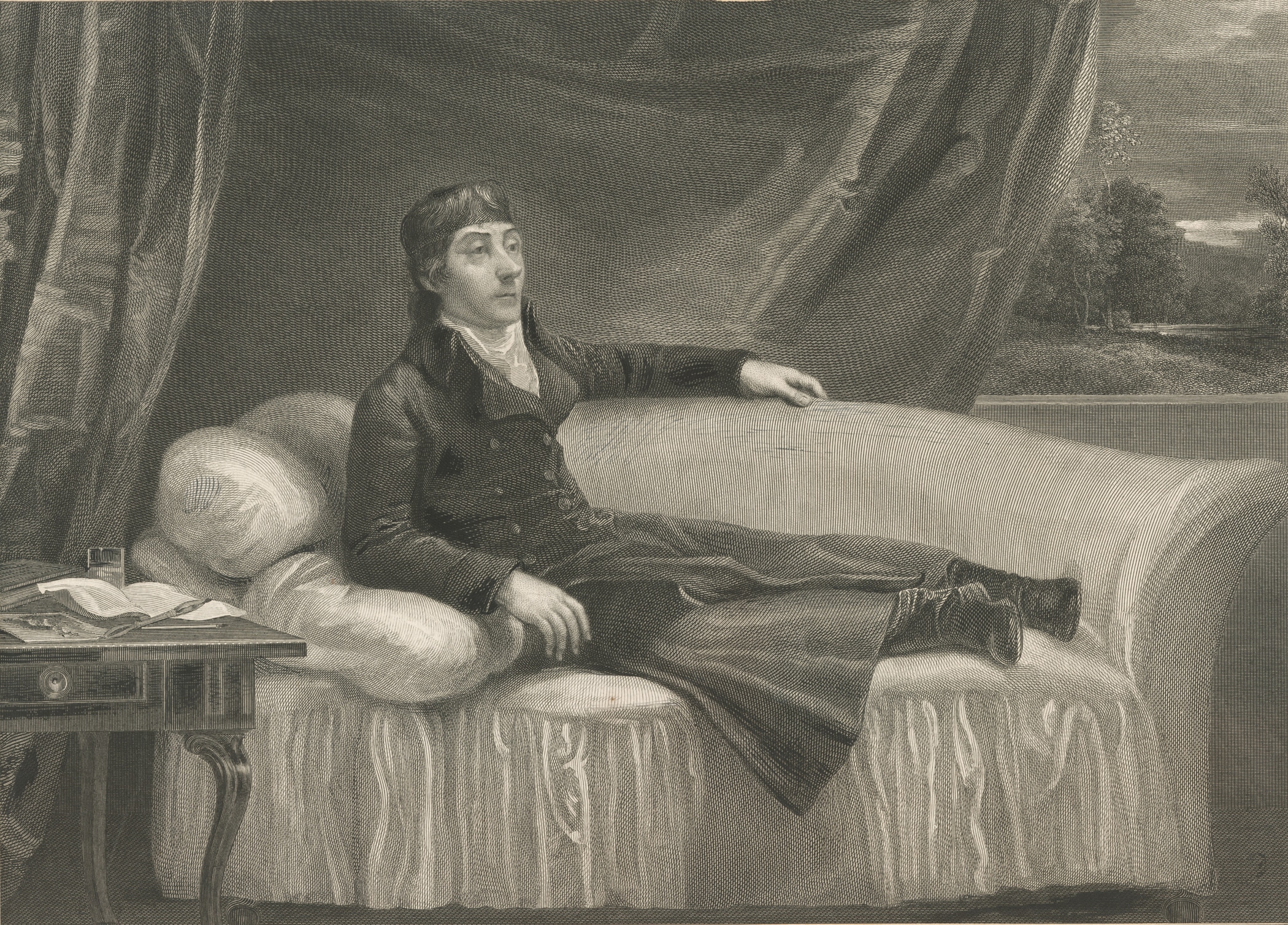The Conway Cabal became organized in late 1777 and lasted until early 1778. Their goal was to remove General George Washington as Commander-in-chief of the Continental Army and replace him with Horatio Gates, the hero of Saratoga.
Ultimately, the cabal failed, and General Horatio Gates and Thomas Conway would apologize.
Jump to:
- Fact 1: General Horatio Gates wanted to be Commander-in-Chief
- Fact 2: Some Officers and Members of Congress did not have Faith in Washington's Leadership
- Fact 3: Most Supported George Washington
- Fact 4: George Washington Handled the Cabal with Great Skill
- Fact 5: Thomas Conway Never Recovered his Reputation
- Fact 6: Benjamin Rush and Horatio Gates lost their relationship with Washington
Fact 1: General Horatio Gates wanted to be Commander-in-Chief

General Horatio Gates had a long history during the American Revolution of being an adversary of George Washington. He was critical of his leadership during 1776 and 1777 and believed that he would be a much better leader than Washington.
It did not help Washington's reputation that he had lost the Battle of Long Island, Battle of Brandywine, and Battle of Germantown.
It was during this time that General Horatio Gates, with significant help from Benedict Arnold and Daniel Morgan, defeated General John Burgoyne at the Battle of Saratoga.
This gave Gates much more influence within the army, and he used that influence to criticize Washington to other officers and members of the Continental Congress.
Fact 2: Some Officers and Members of Congress did not have Faith in Washington's Leadership
Washington suffered many setbacks, which caused many to doubt him. The list was probably larger, but those who publicly criticized him were as follows:
- Horatio Gates
- Thomas Conway
- Benjamin Rush
- John Adams (His criticism was more concern of Washington becoming too much of an idol)
- Richard Henry Lee
- Samuel Adams
- Johann de Kalb
- Louis Lebègue Duportail
- Thomas Mifflin
There were probably others.
This was the lowest point in the war for George Washington. He had just lost Philadelphia to General William Howe, and the Congress had been forced to evacuate the capital to York, Pennsylvania.
Fact 3: Most Supported George Washington
While it may seem like a lot of men were critical, Washington had the support of most of Congress and his officers. Most understood and appreciated the problems he dealt with and how he was able to keep the army intact.
His victories at Trenton and Princeton were still considered impressive and his best moment of the war at that point.
The cabal was done behind his back by a few. However, if the other members learned of the cabal, the members supporting it would have probably been discredited. So, it remained secret for a while.
Fact 4: George Washington Handled the Cabal with Great Skill
Thomas Conway had served with much distinction during the Philadelphia Campaign and began to lobby Congress for a promotion to major general. While writing Congress for this promotion, he was critical of George Washington.
Conway also wrote a letter to Gates criticizing Washington.
General William Alexander (Lord Stirling) received a letter from Gates' adjutant, James Wilkinson, that contained this quotation. He forwarded the letter to Washington, who received it on November 8, 1777.
This led Washington to consider the possibility that his subordinates were scheming behind his back to replace him.
He was already aware that Gates, in particular, was politically well-connected and popular due to his success at Saratoga.
Washington confronted Conway, who admitted to writing to Gates. He then wrote Washington a letter that criticized him. Washington never saw that letter, but Henry Laurens did.
Laurens wrote Washington and informed him of Conway's actions. During this time, Gates learned about what was happening and that his name had been inserted into the controversy.
Gates wrote Washington that apologize for his words, but Washington ignored it. His relationship with Gates deteriorated.
Fact 5: Thomas Conway Never Recovered his Reputation
Thomas Conway was promoted to Inspector General.
Eventually, Washington revealed James Wilkinson as his source for the letter. Gates was forced to apologize and lie about his correspondence with Conway.
General Conway submitted his resignation to Congress in April 1778, which accepted it.
Washington, still unsatisfied, urged his supporters to challenge Conway and his allies to duels. Wilkinson turned on Gates and challenged him, but Gates wept and apologized for any offense caused, and the duel was called off.
On July 4, Conway engaged Brigadier General John Cadwalader in a duel. Cadwalader shot him in the mouth, and the bullet exited through his head.
As Conway suffered from his wound, he wrote an apology to Washington, which was never answered.
After recovering, he returned to France

Fact 6: Benjamin Rush and Horatio Gates lost their relationship with Washington
George Washington was not one to hold grudges, but the Conway Cabal was an exception.
After having men whom he believed to be friends turn on him at his lowest moment, he lost trust in them, and that distrust would stay with him for the rest of his life.
Benjamin Rush never regained his relationship with George Washington.
General Horatio Gates was promoted to lead the southern campaign against Washington's wishes. He would be embarrassed at the Battle of Camden.
Late in the war, he was one of the primary men leading a coup against the Continental Congress in which he wanted to force Congress to pay the officers and soldiers wages that they were owed.
Washington again skillfully diffused this situation, but Gates' reputation would never recover.
